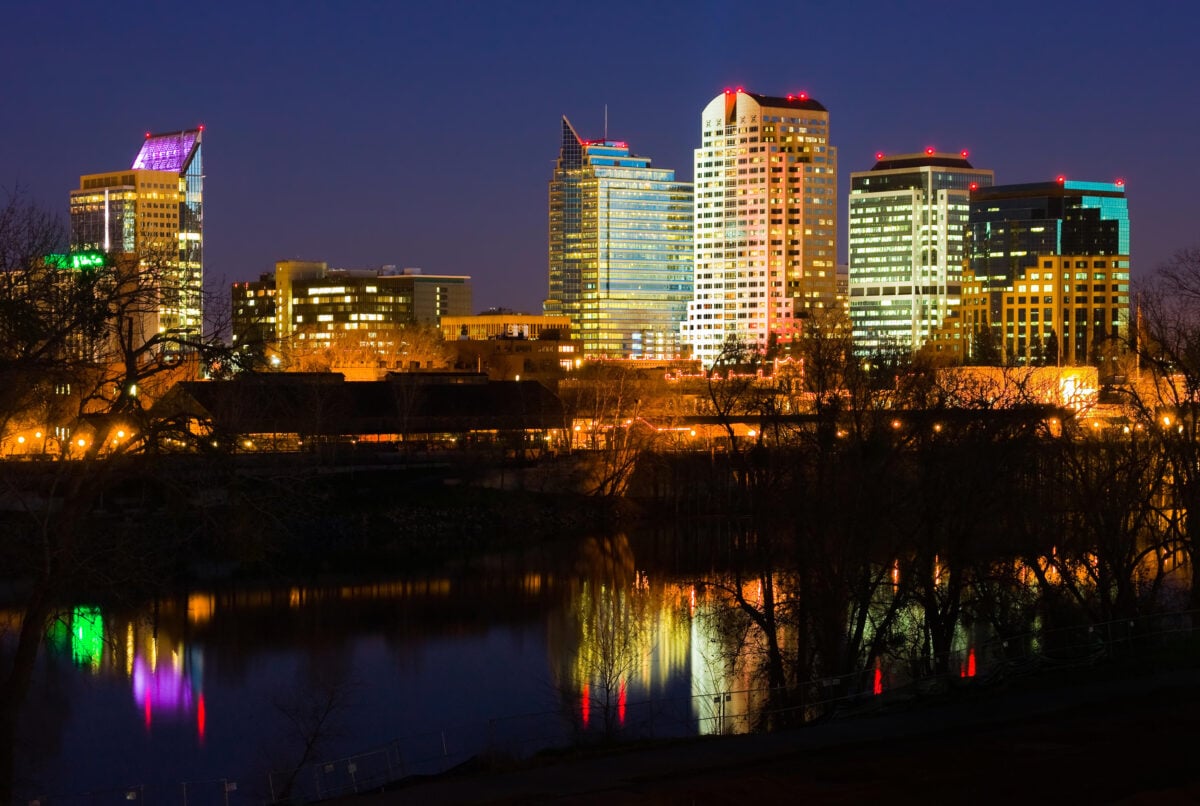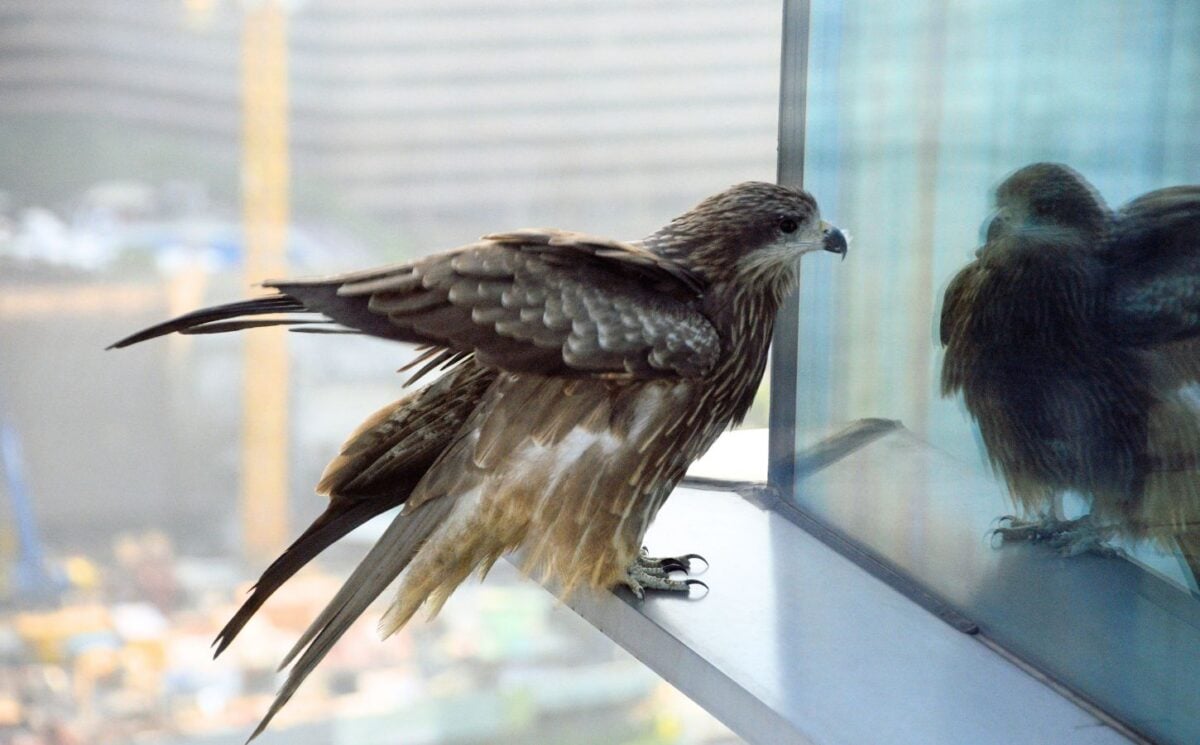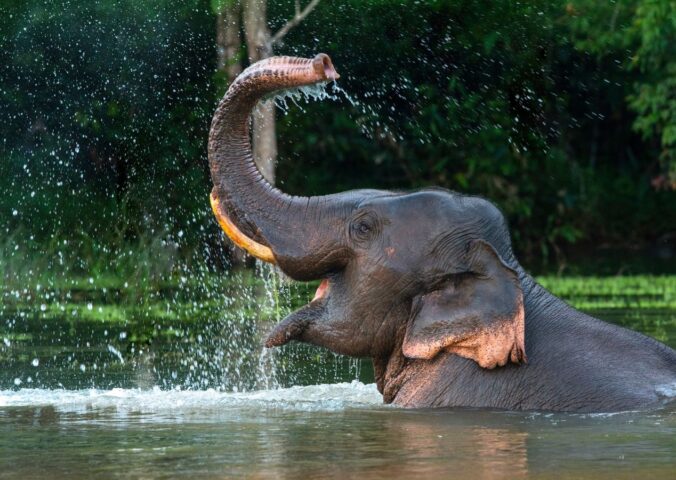Collisions with windows are more deadly for birds than previously thought. In addition to those who die on impact, about 60 percent taken to wildlife hospitals end up dying, according to a new study. That brings the total of estimated fatalities of window collisions up to more than a billion a year in the US alone.
Read more: European Turtle Doves Bounce Back After Hunting Ban
Past studies have mainly counted fatalities based on the number of birds who die when they hit a window, estimating between 388 and 965 million deaths a year in the US. They have mostly assumed that stunned and injured birds taken to be rehabilitated would survive. But the new study, published in Plos One, examined the records in wildlife hospitals to see how many actually make it. The results show that fatalities from window collisions had been underestimated, and even more deaths are likely to occur because not all birds will be found and taken for rehabilitation.
Flying into windows is a leading cause of death for birds. The study found that more birds collide with buildings in the autumn when they are migrating. In addition, artificial light at night worsens the situation by attracting birds flying at night to building-dense urban areas.
How to help birds

Though the study paints a grim picture for birds navigating urban environments, the authors stress that it’s worth taking building collision victims to a wildlife hospital. “The 40% of birds that do survive rehabilitation undoubtedly benefit from care,” they write.
Read more: Traffic Noise Harms Baby Birds’ Development, Research Finds
There are also ways to reduce the number of collisions. One is to make windows visible to birds by using glass murals or markers. “Fritted” glass, when the glass is printed with a dot pattern, is typically used to reduce glare and energy costs but also makes it easier for birds to see.
Turning off lights at night can cut collisions, with six to 11 times fewer birds flying into glass. Some US cities have participated in “Lights Out” campaigns by bird and animal protection groups, dimming or turning off city lights during bird migration seasons.
Read more: Blackbirds In South Of England Struggling As Climate-Linked Virus Spreads






